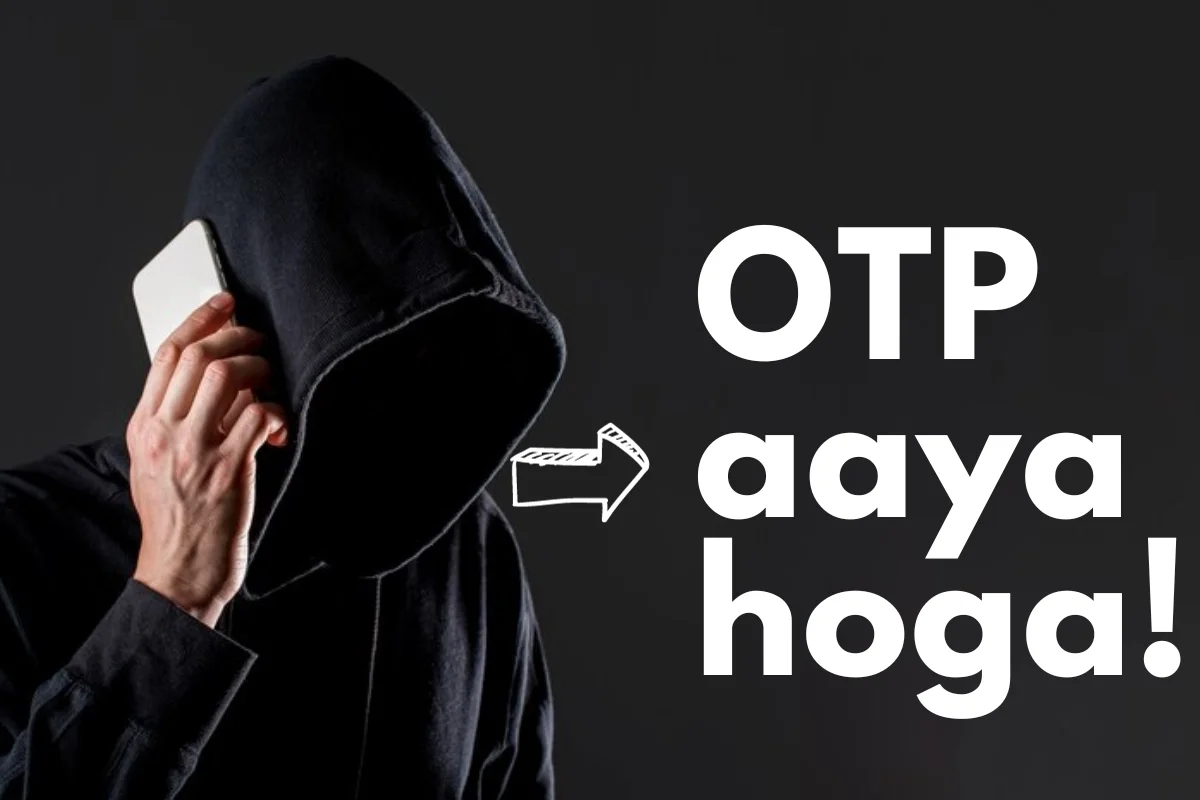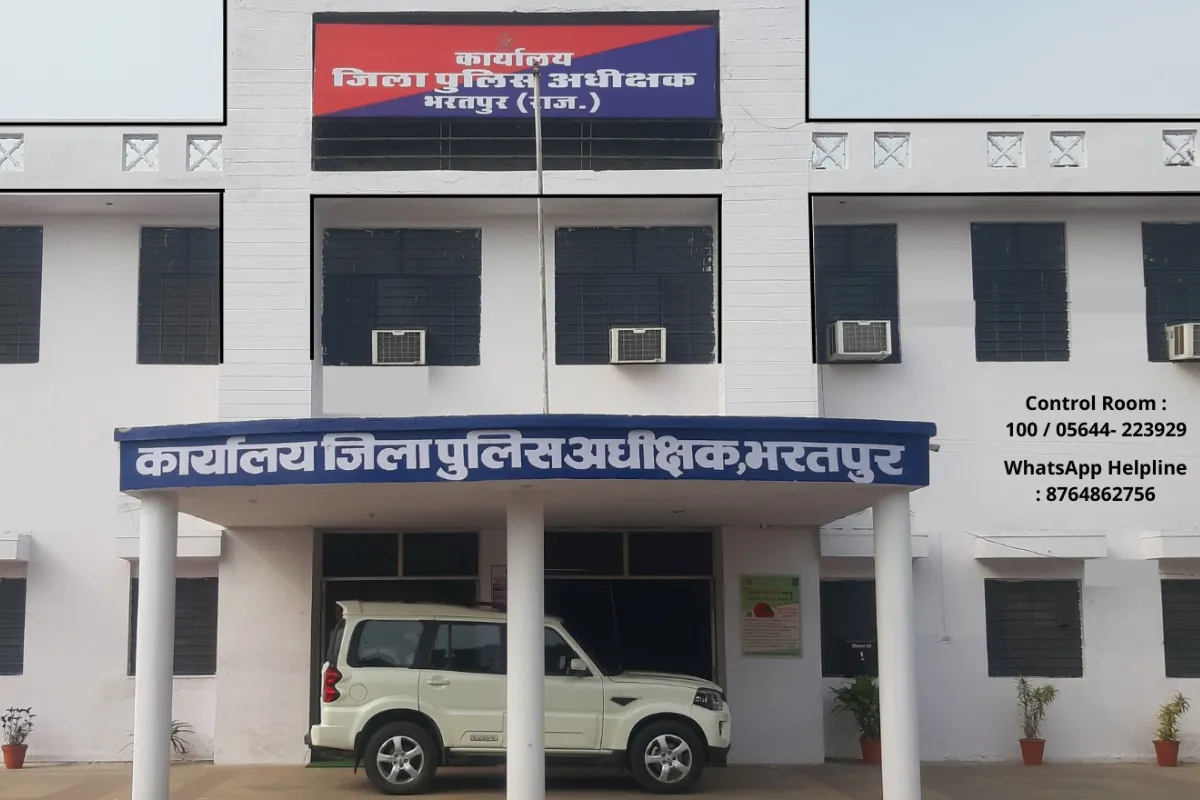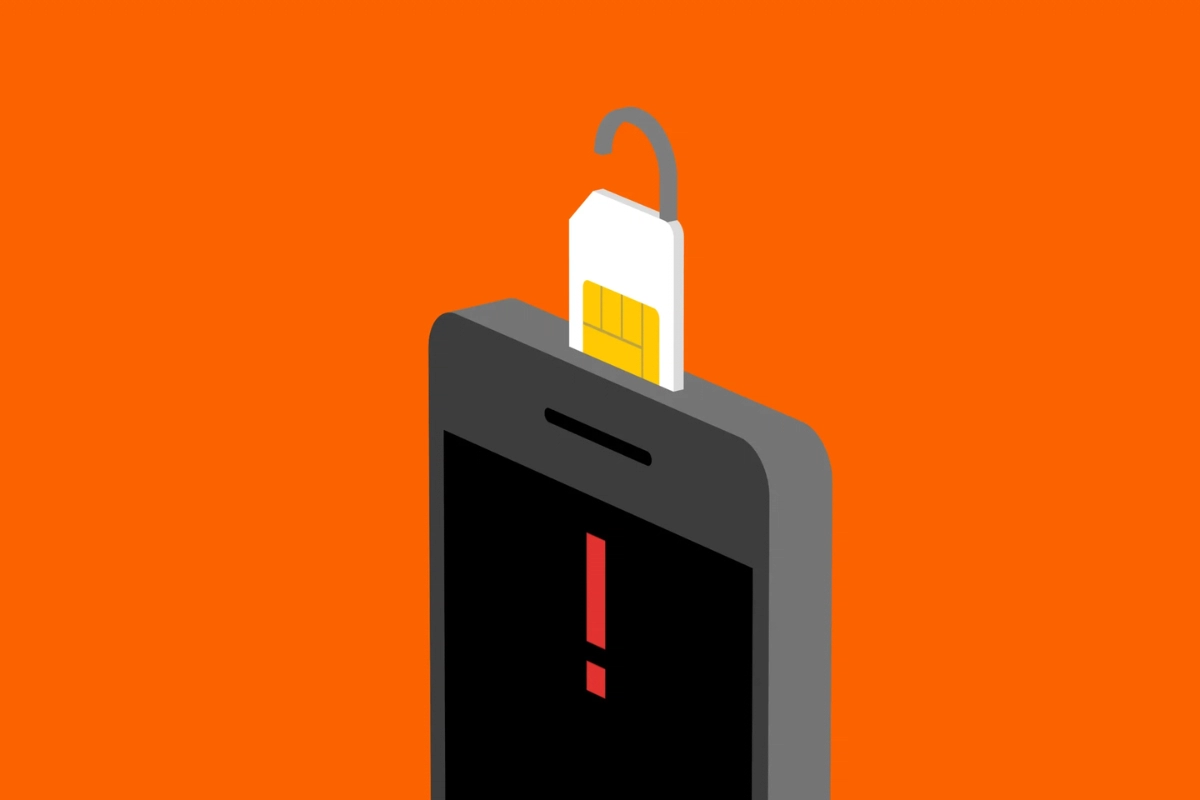Falling victim to an OTP scam can be a terrifying and financially devastating experience. But in India, you have legal recourse and steps you can take to protect yourself and your money. This article will guide you through your rights and equip you with crucial safety tips to avoid future scams.
Your Legal Rights
- The Information Technology Act, 2000: This act criminalizes cyber fraud, including OTP scams. You can file a complaint with the Cyber Crime Cell of your local police station or report it online at the Cybercrime.gov.in portal.
- The Indian Penal Code: Depending on the nature of the scam, sections like cheating, forgery, and criminal breach of trust can apply. Your lawyer can advise you on the specific provisions applicable to your case.
- Consumer Protection Act, 2019: If the scam involved a product or service, you can file a complaint with the Consumer Disputes Redressal Commission. This act protects your consumer rights and seeks compensation for financial losses.
- Banking Ombudsman Scheme: If the scam involved unauthorized transactions from your bank account, you can file a complaint with the Banking Ombudsman. Banks are obligated to investigate and resolve complaints filed through this scheme.
Remember
- Act fast: Report the scam immediately to the authorities and your bank. The quicker you act, the higher the chances of recovering your money.
- Gather evidence: Collect any documentation related to the scam, including emails, SMS messages, and call recordings. This will be crucial for your legal case.
- Seek legal advice: Consult a lawyer specializing in cybercrime or consumer protection law. They can guide you through the legal process and help you claim compensation.
- Don’t engage with the scammers: Do not respond to their calls, messages, or emails. Do not transfer any money under any circumstances.
Safety Tips to Prevent Future Scams
- Never share your OTP with anyone: No legitimate entity will ever ask for your OTP. Treat it as confidential as your PIN or password.
- Beware of phishing links: Phishing emails and websites often mimic legitimate institutions. Be cautious about clicking on links or downloading attachments.
- Stay informed about scams: Keep yourself updated about the latest scams and their modus operandi. Awareness is your best defense.
- Use strong passwords and two-factor authentication: Enable two-factor authentication (2FA) on your bank accounts and other sensitive platforms. This adds an extra layer of security.
- Beware of unsolicited calls and messages: Do not answer calls or respond to messages from unknown numbers. If you suspect a scam, hang up or block the number.
- Be cautious on public Wi-Fi: Avoid using public Wi-Fi for online transactions. Use a secure VPN connection if necessary.
Remember, you are not alone. Many people fall victim to scams, but knowledge and proactiveness can help you protect yourself. By understanding your legal rights and implementing these safety tips, you can navigate the digital world with confidence and safeguard your finances.
Keep watching our YouTube Channel ‘DNP INDIA’. Also, please subscribe and follow us on FACEBOOK, INSTAGRAM, and TWITTER












